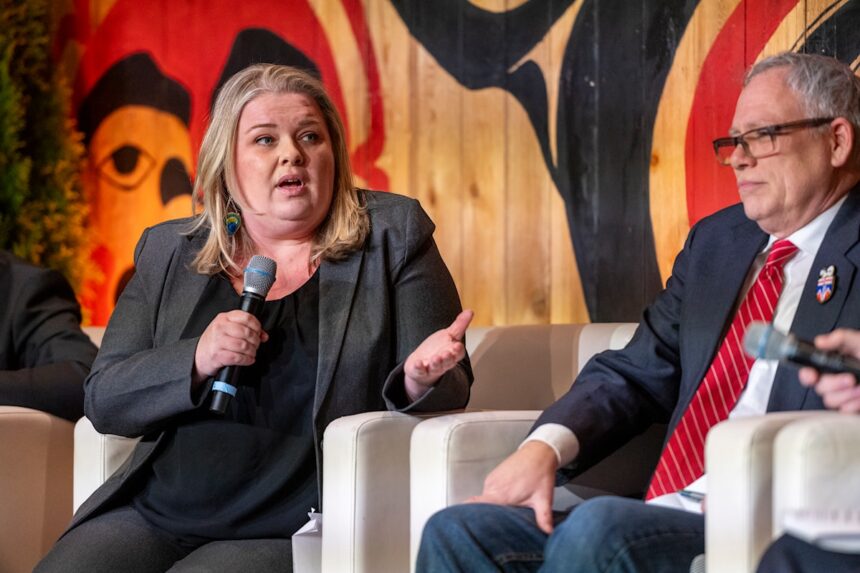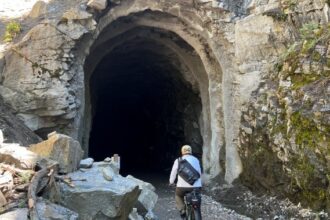In an unprecedented move that signals growing concerns about educational outcomes in the Northwest Territories’ Dehcho region, Education Minister R.J. Simpson has ordered a comprehensive independent review of the area’s school system. The decision comes amid mounting pressure from parents, educators, and community leaders who have been vocal about persistent challenges facing students in this remote northern region.
“The review isn’t about assigning blame,” Minister Simpson explained during yesterday’s announcement at the Legislative Assembly in Yellowknife. “It’s about understanding what’s working, what isn’t, and how we can collectively ensure every child in the Dehcho receives the quality education they deserve.” This marks the first such regional educational review since the territory implemented its Education Renewal initiative in 2013.
The Dehcho region, home to approximately 2,200 residents spread across six communities, has faced unique educational challenges for years. Recent graduation statistics paint a troubling picture, with completion rates averaging nearly 30 percentage points below territorial averages. These disparities have become increasingly difficult to ignore, particularly as communities fight to preserve Indigenous languages and traditional knowledge while preparing students for post-secondary education and employment opportunities.
Chief Stanley Sanguez of the Jean Marie River First Nation welcomed the announcement, stating, “Our children’s education determines our communities’ future. We’ve been asking for meaningful engagement on these issues for years, and this review represents a potential turning point if conducted with genuine partnership and respect for our knowledge systems.”
The independent review will examine multiple facets of education delivery, including curriculum relevance, Indigenous language instruction, teacher recruitment and retention, infrastructure adequacy, and community involvement. Most importantly, it will assess how effectively the current system incorporates traditional knowledge and cultural practices—elements considered essential by Indigenous communities.
Dr. Sarah Hoffman, an education policy expert at Aurora College, notes that the review must address systemic issues. “We’re seeing a disconnect between territorial educational policies and on-the-ground implementation in remote communities. Issues like inadequate internet connectivity, teacher turnover, and culturally inappropriate curriculum materials can’t be solved without significant systemic changes and targeted investments.”
The review team, which will include Indigenous education specialists and community representatives, will begin consultations next month with final recommendations expected by early 2025. Minister Simpson has committed to making the findings public and developing an action plan in partnership with Dehcho leadership.
While many community members express cautious optimism, others question whether this review will lead to meaningful change where previous initiatives have fallen short. “We’ve participated in countless consultations over decades,” says former educator Martha Fabien from Fort Simpson. “Our communities have been clear about what we need—more Indigenous teachers, better cultural programming, adequate facilities, and genuine decision-making authority. The question is whether this government is finally prepared to listen and act decisively.”
As climate change, economic pressures, and cultural preservation concerns intensify across Canada’s North, the stakes of this educational review extend far beyond classroom walls. The findings could potentially reshape not just how education is delivered in the Dehcho, but influence similar conversations in Indigenous communities nationwide.
What remains to be seen is whether this review will become a transformative moment for northern education or merely another well-intentioned initiative that fails to address the fundamental inequities that have persisted for generations in Canada’s educational landscape. Will the territorial government truly empower Dehcho communities to lead their educational future, or will systemic barriers continue to limit the potential of the region’s youth?


















